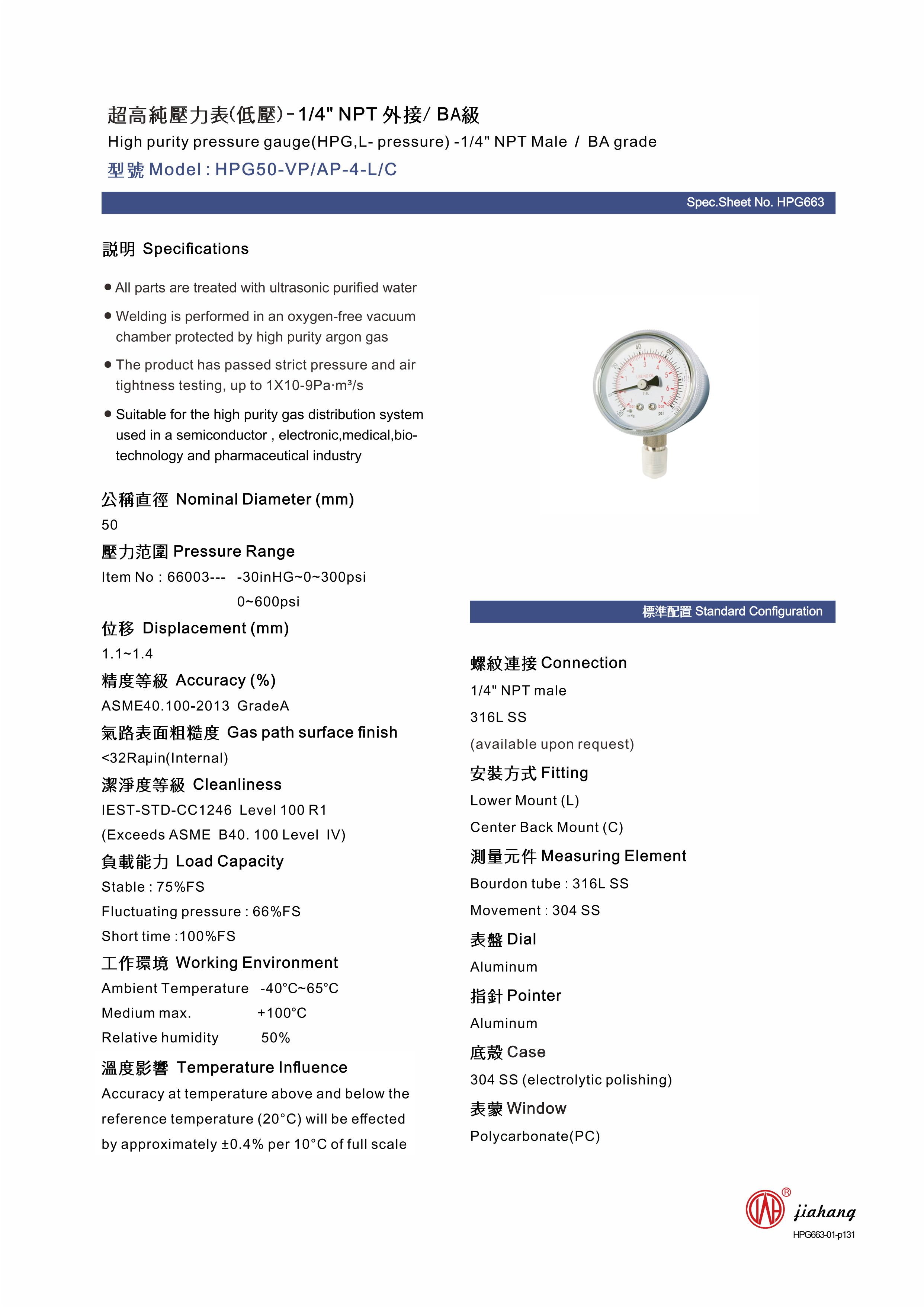
Nov . 26, 2024 22:37 Back to list
Differential Pressure Gauge Pricing and Suppliers in the Market Today
Understanding Differential Pressure Gauge Pricing and Key Players in the Industry
Differential pressure gauges are essential tools widely used in various industries, including oil and gas, water treatment, HVAC systems, pharmaceuticals, and more. They measure the difference in pressure between two points within a system, which is crucial for monitoring and controlling processes. As the demand for accurate and reliable measurements has grown, so has the market for differential pressure gauges, leading to a variety of options and price ranges.
The Importance of Differential Pressure Gauges
Differential pressure gauges provide critical data that can impact operational efficiency and safety. In processes like filtration, knowing the pressure difference across a filter can indicate when maintenance is required. Similarly, in HVAC systems, monitoring pressure differences can help ensure proper airflow and system balance. As such, investing in a high-quality gauge is paramount for businesses aiming to maintain optimal performance and safety standards.
Factors Influencing Price
The price of differential pressure gauges can vary significantly based on several factors
1. Type of Gauge Mechanical gauges, such as Bourdon tube gauges, generally have a lower initial cost compared to electronic or digital gauges, which offer more advanced features. Digital gauges often come with functionalities like data logging and connectivity options, which can increase the price.
2. Range and Accuracy Gauges designed for high precision or wide measurement ranges typically cost more. Industrial applications may require gauges that can measure minute pressure differences accurately, pushing their prices higher.
3. Material and Build Quality The materials used in manufacturing gauges affect their durability and price. For instance, gauges made from stainless steel or those that are weatherproof will usually be more expensive than their plastic counterparts.
4. Brand Reputation Established brands known for reliability and precision often command premium prices. While newer or lesser-known brands may offer lower-price options, they might not provide the same level of performance or durability.
5. Regulatory Compliance Gauges used in industries with strict standards, like pharmaceuticals or food processing, may need to meet specific certifications, resulting in higher production costs that are passed on to the consumer.
Key Players in the Differential Pressure Gauge Market
Several companies have established themselves as leaders in the differential pressure gauge market
. Each offers a range of products catering to diverse industry needsdifferential pressure gauge price company

- Emerson Known for its innovative solutions, Emerson offers advanced measurement technologies, including differential pressure gauges that integrate seamlessly into automation systems.
- Honeywell This global powerhouse provides a variety of pressure measurement devices. Honeywell’s differential pressure gauges are recognized for their reliability and are extensively used in industrial applications.
- Wika A specialist in pressure and temperature measurement technologies, Wika provides durable, high-accuracy differential pressure gauges. Their reputation for quality ensures their products are a go-to for many engineers.
- Omega Engineering Omega offers a wide variety of differential pressure gauges, appealing to both general and specialized applications. Their competitive pricing makes them an attractive option for many customers.
- Ashcroft With a strong focus on precision instruments, Ashcroft’s differential pressure gauges are trusted in many high-stakes environments, such as aerospace and nuclear industries.
How to Choose the Right Gauge
When selecting a differential pressure gauge, it's crucial to assess your specific needs
- Application Requirements Identify the pressure range and the environment where the gauge will be used. High temperatures, exposure to corrosive materials, or mechanical vibrations may require specialized gauges.
- Budget Constraints Determine your budget, but remember that cheaper options might end up costing more in the long run if they fail to provide the required accuracy or durability.
- Calibration and Maintenance Consider whether you need gauges that can be easily calibrated and maintained. Some brands offer features that facilitate easier maintenance, contributing to lower long-term costs.
Conclusion
The pricing of differential pressure gauges is influenced by a range of factors, including gauge type, accuracy, materials, and brand reputation. Understanding these elements will help businesses make informed purchasing decisions tailored to their specific operational needs. By choosing the right differential pressure gauge from reputed manufacturers, companies can ensure enhanced efficiency and safety in their processes, ultimately leading to improved productivity.
-
High-Precision 5 Valve Manifold Differential Pressure Gauge Suppliers
NewsApr.29,2025
-
High-Precision Diaphragm Vacuum Pressure Gauges Manufacturers & Quotes
NewsApr.29,2025
-
Omega Differential Pressure Gauges High Accuracy & Durability
NewsApr.28,2025
-
Low Pressure Differential Pressure Gauges Precision Solutions & Quotes
NewsApr.28,2025
-
Digital Diaphragm Pressure Gaauge Precision Measurement & OEM Quotes
NewsApr.28,2025
-
Differential Pressure Gauge China Price High-Accuracy & Best Quotes
NewsApr.28,2025
